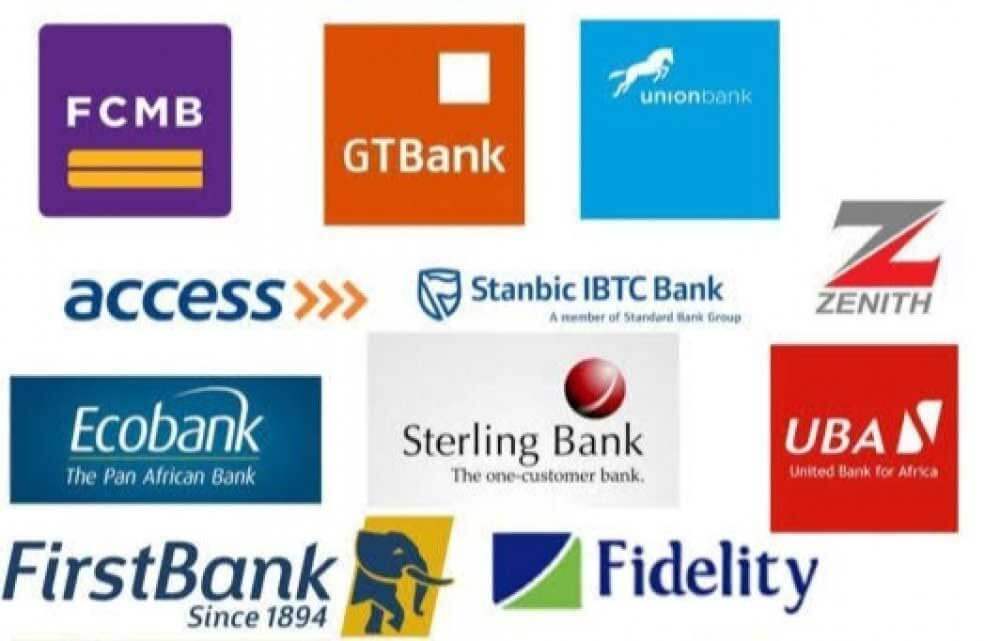The floating of the naira may force banks and major companies in Nigeria to recapitalize in other to absorb the shocks of the currency depreciation, the African Export Import Bank (Afreximbank) has said.
The floating of the naira is already throwing a spanner on bank valuation. Asides from banks, billionaire businessmen are counting losses as their naira-denominated investments are shedding their value in dollar terms.
Advertisement
Business mogul like Aliko Dangote has lost over $5.6bn of his worth since the Central Bank of Nigeria floated the naira, Bloomberg Billionaire Index shows.
The Central Bank in June announced that it had liberalised the naira and harmonized the exchange rate at the Investors’ and Exporters’ foreign exchange window.
Benedict Okey Oramah the Presdient and Chairman of Afreximbank in an interview on Arise Tv on Wednesday however, raised the alarm that the apex bank may need to initiate another round of recapitalization for Nigerian banks.
He said, “There are also problems with it, of course, the banks may have to recapitalise, and companies may also have to recapitalise, especially those who operate externally.
Advertisement
“But this is part of the adjustment process that will happen, and I believe the government that introduced the policies will also make sure that they support those adjustment processes so that it does not disrupt the economy.
“Even from the accounting point of view in the government, there would be things to be done. Nigeria is not the first country that has done this, so I’m pretty sure that the people that will be running the system will be able to manage it.”
The naira closed at N768.44 per dollar at the I&E Window on Tuesday, unlike the N460 it traded when the CBN dictated the market.
Tire-one banks like Zenith Bank Plc has a market capitalisation of N1,064,341,139,345.4; GTCO market capitaisation of N1,033,034,390,762.4; First Bank of Nigeria Holdings Plc N642,525,740,976.8; Access Bank, N609,600,619,417.3 and United Bank for Africa N436,042,622,442.
When the naira depreciated in 2004, in July same year the Central Bank, under Charles Soludo, recapitalised the banking sector from N2bn to N25bn with effect from December 31, 2005.
Advertisement
The exercise led to the reduction of the number of banks in Nigeria from 89 to 24.
The last time the apex bank recapitalised the banks, the value of a dollar to the naira was about N100.
At the time, N25bn recapitalisation meant $250m. But with the naira trading at an average of N770, the N25bn recapitalisation means that it has fallen to $32.46m.
In the last Monetary Policy meeting in May, the CBN said as of April 2023, the Capital Adequacy Ratio (CAR) of the banking system was 12.8 per cent, Non-Performing Loans (NPLs) ratio was at 4.4 per cent and Liquidity Ratio (LR) at 45.3 per cent.
He added, “As for the foreign exchange window, there is an argument about cost as usual in economics. There are those who favour controlling it. There are those who favour freeing it. Each group have their own points. But the problem with multiple exchange rates is that it actually makes it difficult for funds to come in. It makes it difficult to manage risk. So, having exchange rates merged and converged is important.
“The level at which they converge initially may weaken exchange position, but over time with good economic policies, it may well be possible that the rates could actually appreciate if such an appreciation is the goal of the government. Because the government may want to increase export, they may promote policies that will depreciate the real exchange rate and by way of making it easier for exporters to operate profitably.”



